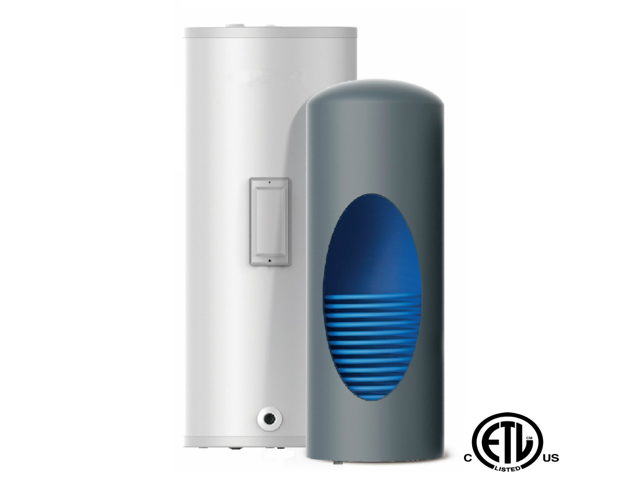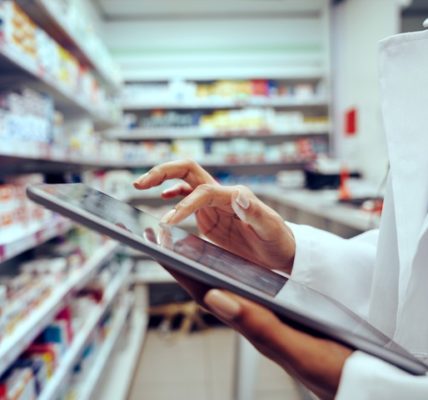Only for heating or for the combination of heating and hot water preparation: Natural gas is a versatile fuel. With proper care and maintenance, the service life of the condensing boiler, DHW cylinder and gas boiler is extended.
The generally used term “gas boiler” is misleading because it can be used to describe both the heating system and the gas-operated instantaneous water heater. Normally the word gas heater refers to the gas flow heater which is operated in combination with a gas heater. This misunderstanding results from the different possibilities of using gas for heating and hot water preparation.

Different applications
Those who opt for heating and hot water preparation with gas have various options:
In the first variant, only the heating system is operated with gas, water is heated with an electric instantaneous water heater.
In the second variant, the instantaneous water heater also runs on gas. In both variants, heating operation and hot water preparation are separated from each other, water is only heated when it is needed. This can lead to fluctuations in the water temperature.
The third variant is a combination unit for heating and hot water preparation. This requires a gas condensing boiler and a DHW cylinder, both of which are available as floor-standing units or wall-mounted units. A DHW cylinder heats the water for storage and requires more space than a flow heater.
Hot water can be supplied either electrically or hydraulically: Hydraulic means that the storage water is first completely heated and then cold water is added until the desired temperature is reached. In the electric version, on the other hand, the temperature is set at the thermostat and the water in the storage tank is only heated to this desired temperature.
Which option to choose depends on the circumstances and conditions of use. Previously, a gas-fired heating system had to be connected to the chimney, for example. This basic requirement is no longer valid for all appliances today. Some of the newer devices can also be operated with biogas.
Safe and efficient with proper care and maintenance
Modern condensing boilers are equipped with an ignition fuse that blocks escaping gas as soon as the pilot flame goes out. Do not be afraid: In modern devices with fully automatic ignition, this flame can no longer be seen from the outside. Heating systems as well as supply and discharge lines should be checked, serviced and cleaned regularly – tasks that the professional would do better:
Remove deposits: Lime in the water can accumulate in hot water tanks and instantaneous water heaters, causing scale deposits. These deposits can cause the heat exchanger to calcify. As a result, the water is no longer heated optimally and gas and electricity consumption increase. Scaling of the components also fatigues the material more quickly and must be replaced more frequently. For this reason, limescale deposits should be removed regularly by a specialist using special equipment. The specialist also cleans the impurities caused by the combustion flame of the condensing boiler. Cleaning and maintenance by a specialist should be carried out annually.
Check exhaust gas values: Most appliances are connected to the chimney. Thus, the chimney sweep regularly checks and cleans the smoke outlet and checks the flue gas values.
Check the gas pipes: Gas pipes may have leaks. Gas would then escape unhindered. For your own safety, it is therefore advisable to install gas detectors near gas sources in addition to checking the pipes. They continuously measure the concentration of gas and sound the alarm in an emergency.
Check water pressure: With combination devices, the water pressure can decrease, then water must be refilled in order to achieve the necessary water pressure. This can usually be done quite easily by yourself. How to do this should be checked with the dealer or read in the instructions for use.
Hot water preparation
Ten to twenty percent of energy consumption in German households is accounted for by the generation of hot water. There are several different systems: For example, centralised and decentralised water heating.
If domestic hot water is heated via a storage system, the domestic hot water is heated indirectly via the heating water. In addition to storing and providing heat for room heating, a corresponding combi cylinder also serves to heat drinking water or domestic hot water. This combination of drinking water and buffer storage is used in particular when using a heating system with connection to a solar system.
In the Tank-im-Tank storage variant, the storage tank contains two separate tanks located one inside the other. When the external heating water is heated, the internal drinking water is heated directly as well.
Would you like to know more?
With the following information we go into detail.
A further variant, the freshwater combination, combines storage and flow-through principle, in which fresh water required on demand is heated by the stored water through heat transfer, but the circuits remain separate, which protects against legionella formation.
In order to provide hot water quickly and conveniently, there are small storage tanks that can be positioned under a wash basin in the guest toilet, for example. A very short piping system makes it economical if smaller quantities of hot water are to be used frequently. Such small tanks are ideal for water volumes between 5 and fifteen litres. However, if hot water is rarely needed at the location, a small instantaneous water heater should be considered.
If larger quantities of hot water are required at the tap and there is no central hot water supply, a modern hot water boiler can be preferred to a flow heater. Modern appliances of this type are more economical and can provide 25-150 litres of hot water, depending on the model. The dimensioning depends on the usage environment. Small apartments will generally manage with a 70 litre boiler. There are electric boilers that heat up with a heating rod and gas boilers that require an appropriate gas connection. Visit Water Tech Advise on their Facebook to know more about water heaters and other home plumbing system.








